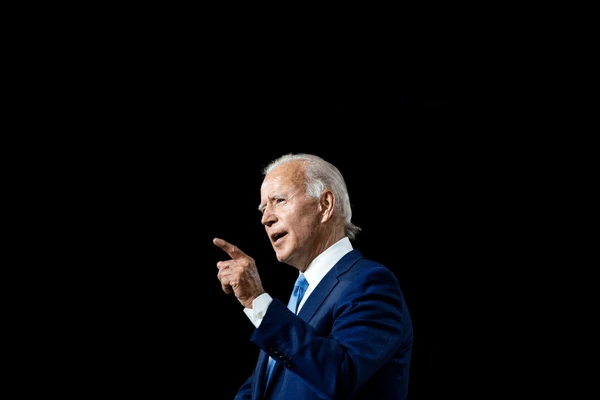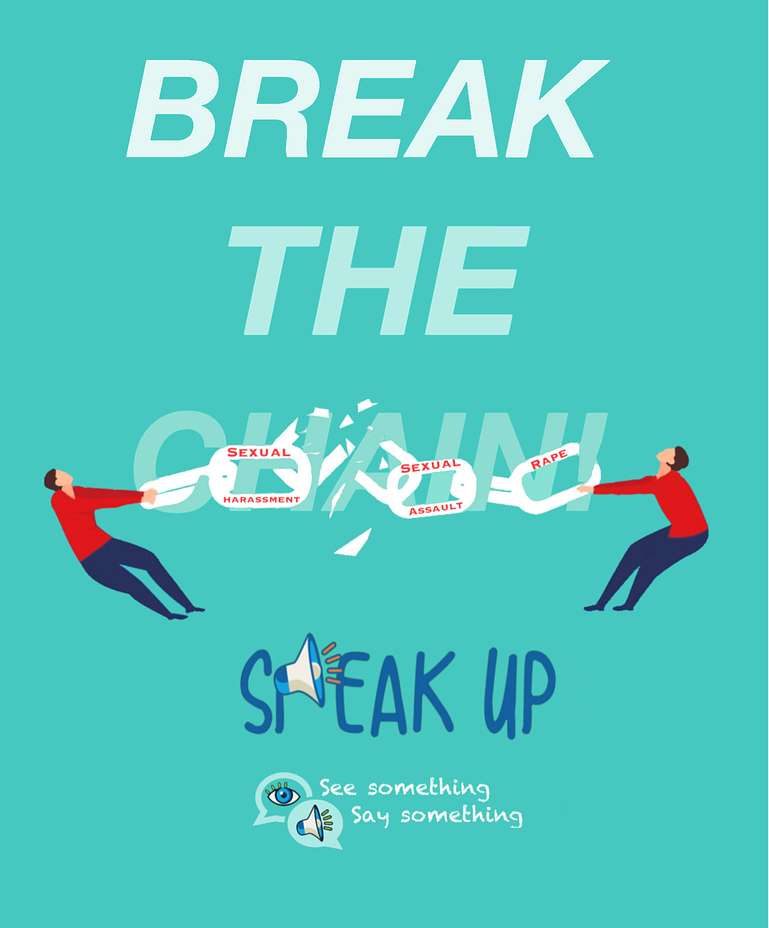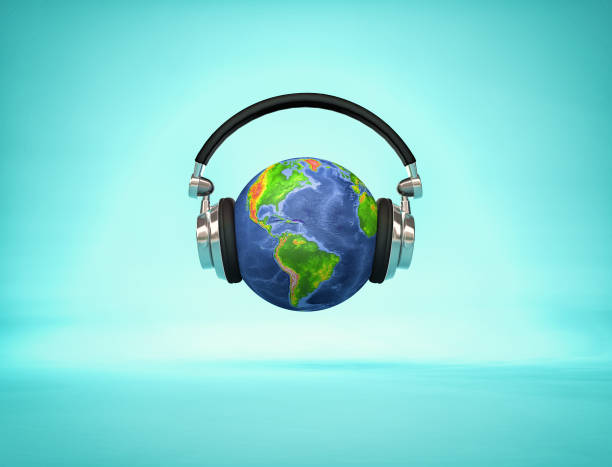The Environmental Impact of the Music Industry
This image elements furnished by NASA. 3d render illustration
May 16, 2023
The music industry has been remarkably gaining popularity over the last hundreds of years, but in the process it has also played a part in destroying our planet. The primary environmental concern regarding the music industry is Carbon emissions. Every part of music distribution creates greenhouse gasses, this includes the transportation of musicians and equipment, streaming, and the actual recording process.
Although consuming music digitally instead of through physical means reduces the carbon footprint by 80%, streaming and new ways of listening are just as problematic. In fact, according to Brightly.eco, one hour of streaming music emits about 55 grams of CO2. This may not seem like a large amount at first, but when you account for the amount of people and their streaming hours, it adds up. This happens because streaming requires tremendous server banks that hold your music data, which is what emits carbon.
Along with streaming, live music is a big contributor to the music industry’s harm towards the environment. Artists and fans are driving and flying to every destination imaginable. With those carbon emissions and the energy released from the venues in general, Energytracker.asia claims that live music generates about 400,000 tons of GHG emissions per year in the United Kingdom.
Even with this problem not being the main topic on the public’s mind, many music companies are already doing what they can. For example, in 2021, Sony and Warner signed a Climate Crisis pact which pledges to reduce the carbon emissions by the music industry to net zero by 2050. Individuals can also help by recycling copies of albums and instead giving them to other people and second hand stores. Downloading your music and playlists can also help with the emissions created from constant content-streaming.
The individuals focussed on this issue are not asking people to stop streaming, watching, or buying music but simply asking them to do it in a more environmentally-sustainable way. It is important that everyone does their best to help with this rising issue so that the world does not have to pay for our mistakes in the long ride.




























